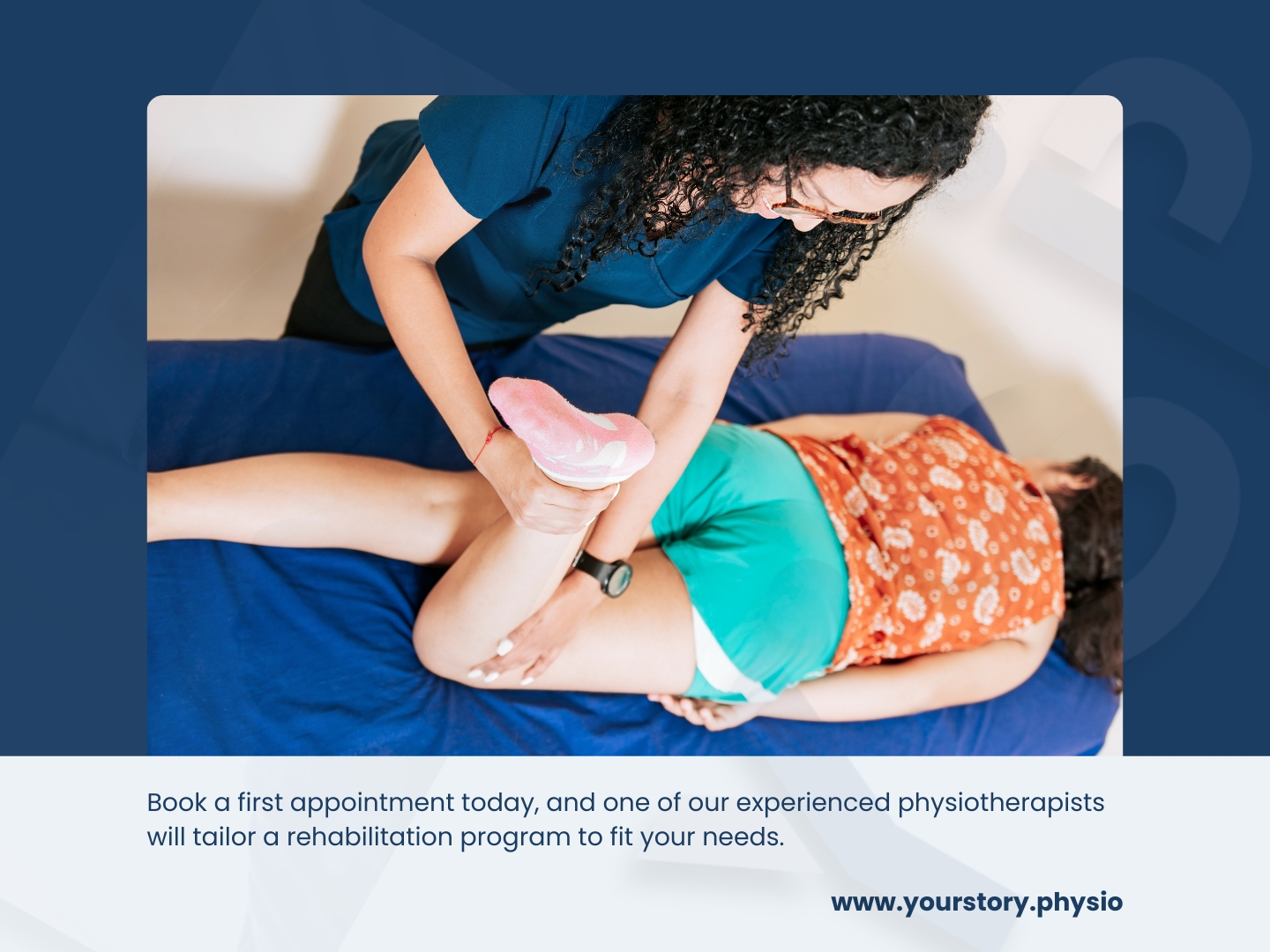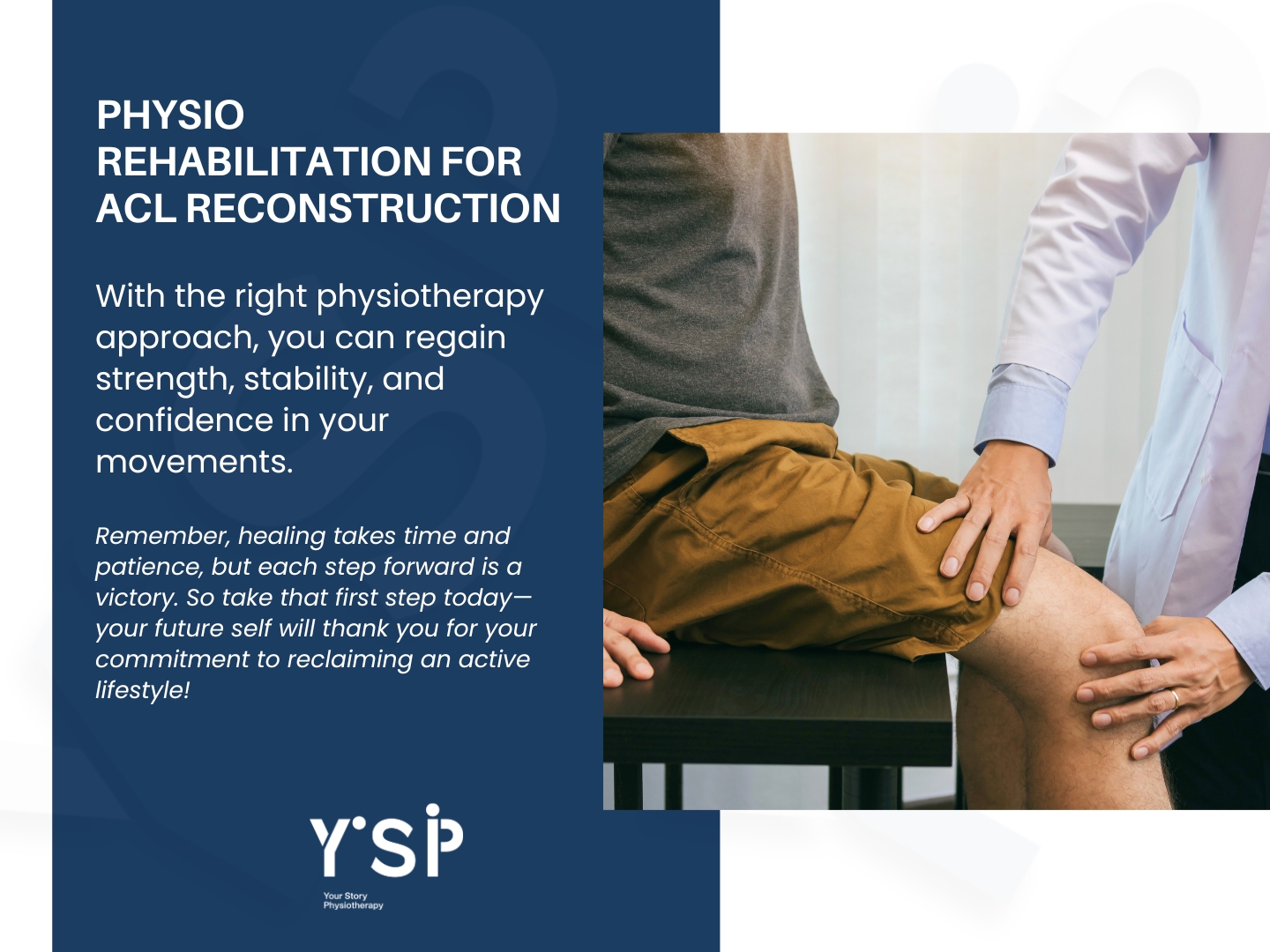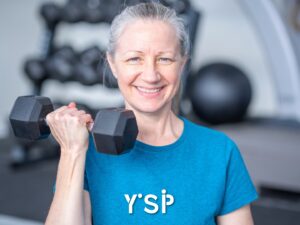Have you or someone you know recently endured an ACL reconstruction due to a car accident? Are you wondering how to navigate the challenging road to recovery after such an injury? The journey can be daunting, but understanding the rehabilitation process is key to regaining strength and mobility.
Car accidents are unpredictable and often lead to significant injuries, with ACL tears being one of the most common. The impact not only affects your physical health but also disrupts daily routines and emotional well-being. Reconstruction surgery can provide hope, but the journey doesn’t end at the operating table; it’s just the beginning of a crucial phase that requires dedication and knowledge.
Physiotherapy plays an essential role in the rehabilitation process following ACL reconstruction. It’s not just about regaining movement; it’s about rebuilding confidence, restoring strength, and preventing future injuries. However, many patients find themselves unsure of what to expect during physiotherapy or inadvertently neglect important aspects of rehabilitation.
What is ACL reconstruction?
The anterior cruciate ligament (ACL) is one of the four major ligaments that connect the thighbone (femur) to the shinbone (tibia) and helps stabilise the knee joint.
The ACL is a ligament composed of strong fibrous material that acts to regulate excessive motion by limiting joint mobility. It is found inside the knee joint capsule.
ACL reconstruction is a surgical procedure to repair a torn anterior cruciate ligament in the knee.
What are the different types of ACL reconstruction?
There are two main types of ACL reconstruction:
1. Autograft reconstruction
This involves using tissue from the patient’s own body to replace the torn ACL. The most common autograft is the hamstring tendon, but other options include the patellar tendon and quadriceps tendon.
2. Allograft reconstruction
This involves using tissue from a deceased donor to replace the torn ACL. Allograft tissue is typically treated to reduce the risk of rejection.
Stages of physiotherapy rehabilitation for ACL reconstruction
Physiotherapy rehabilitation for ACL reconstruction typically involves several stages, each with specific goals and exercises. The exact timeline and progression may vary depending on individual factors, but here’s a general overview:
1. Phase 1: Initial post-operative stage (Weeks 1-4)
- Goals: Reduce pain and swelling, control inflammation, and regain range of motion.
- Exercises: Gentle range of motion exercises, isometric quadriceps and hamstring contractions, and pain-free activities like stationary cycling.
2. Phase 2: Early strengthening (Weeks 4-8)
- Goals: Improve muscle strength and endurance, especially in the quadriceps and hamstrings.
- Exercises: Progression to more dynamic exercises like leg presses, hamstring curls, and lunges.
3. Phase 3: Proprioception and balance (Weeks 8-12)
- Goals: Improve balance, coordination, and proprioception (awareness of body position in space).
- Exercises: Balance exercises on unstable surfaces like wobble boards or foam pads, single-leg stance exercises, and agility drills.
4. Phase 4: Plyometrics and functional training (Weeks 12-16)
- Goals: Develop explosive power and improve functional movement patterns.
- Exercises: Plyometric exercises like box jumps and depth jumps, sport-specific drills, and agility ladders.
5. Phase 5: Return to sport (Weeks 16+)
- Goals: Gradually progress to full participation in sports and activities.
- Exercises: Sport-specific drills and training, focusing on speed, agility, and endurance.
Throughout the rehabilitation process, your physiotherapist will monitor your progress and adjust the program as needed. We will also provide you with education on how to protect your knee and prevent future injuries.
When to start physiotherapy after ACL reconstruction
Physiotherapy after ACL reconstruction typically starts within a few days to a week after surgery. The exact timing may vary depending on the individual’s healing process and the surgeon’s recommendations.
The mobility and strength exercises are critical for strengthening muscles, increasing range of motion, and increasing blood flow around your knee to facilitate healing.
Tips for a successful ACL reconstruction recovery
- Follow your doctor’s instructions: This includes taking your medication as prescribed, attending all of your follow-up appointments, and resting when needed.
- Be patient: ACL reconstruction is a major surgery, and it takes time to heal. Don’t rush the process or try to do too much too soon.
- Stay motivated: It’s important to stay positive and motivated throughout your rehabilitation journey. Set realistic goals and celebrate your progress along the way.
- Work hard: Rehabilitation takes hard work and dedication. Be sure to put in the effort required to achieve your goals.
By following these tips and working closely with your physiotherapist, you can make a full recovery from ACL reconstruction and return to your normal activities.

Final thoughts
Navigating the path to recovery after ACL reconstruction following a car accident may be challenging, but it’s not impossible! With the right physiotherapy approach, you can regain strength, stability, and confidence in your movements.
Remember, healing takes time and patience, but each step forward is a victory. So take that first step today—your future self will thank you for your commitment to reclaiming an active lifestyle!




